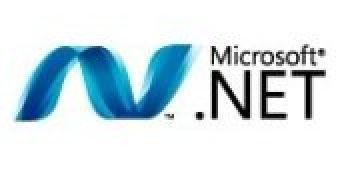.NET Framework 4 RTM became available for download alongside Visual Studio 2010 RTM the past week, with Microsoft topping the releases off with Silverlight 4 RTW. Additional resources to accompany the development platform and tools are also served by Microsoft, most of them free of charge, in order to streamline software-building efforts. It is the case of the .NET Framework 4 Migration Issues documentation published on MSDN last week. As the name implies, the resources are focused on detailing problems and breaking changes that developers can come across when adapting their projects to the latest iteration of .NET Framework.
“With the release of .NET Framework 4 this week, it is relevant to talk about migration issues you might run into when upgrading your applications to .NET 4. My team has put together a topic that describes the migration issues (formerly known as breaking changes) between the .NET Framework version 3.5 Service Pack 1 and the .NET Framework version 4. The change in terminology is to reflect the fact that not all changes introduced by a new version of the framework break your application; rather, these are changes in behavior discovered during design review and testing that could potentially impact an application,” Maira Wenzel, documentation manager for the CLR User Education team at Microsoft, explained.
Developers will be able to access detailed information on breaking changes in .NET Framework 4 areas such as ASP.NET, Core, Data (ADO.NET), Windows Communication Foundation (WCF), Windows Presentation Foundation (WPF) and XML. The MSDN resource includes migration issues for new .NET Framework fixes, evolved standards compliance and security, but also additional enhancements generated by customer feedback. Most importantly, the Redmond company is also offering guidance for the breaking changes that require programming modifications to be applied to applications.
“We’ll update our portal (.NET Framework Version and Assembly Information) that points to different migration issues topics to include the .NET 4 version as well. So in a nutshell, these are the migration issues topics we have published so far and their locations: .NET Framework 4 Migration Issues (from .NET 3.5 SP1 to .NET 4); .NET Framework 3.5 SP1 Migration Issues (from .NET 3.5 to .NET 3.5 SP1); .NET Framework 2.0 Migration Issues (from .NET 1.0/1.1 to .NET 2.0),” Wenzel added.
.NET Framework 4 RTM is available for download here.
Visual Studio 2010 Premium is available for download here.
Visual Studio 2010 Professional is available for download here.
Visual Studio 2010 Ultimate is available for download here.
Visual Studio Test Professional 2010 is available for download here.

 14 DAY TRIAL //
14 DAY TRIAL //